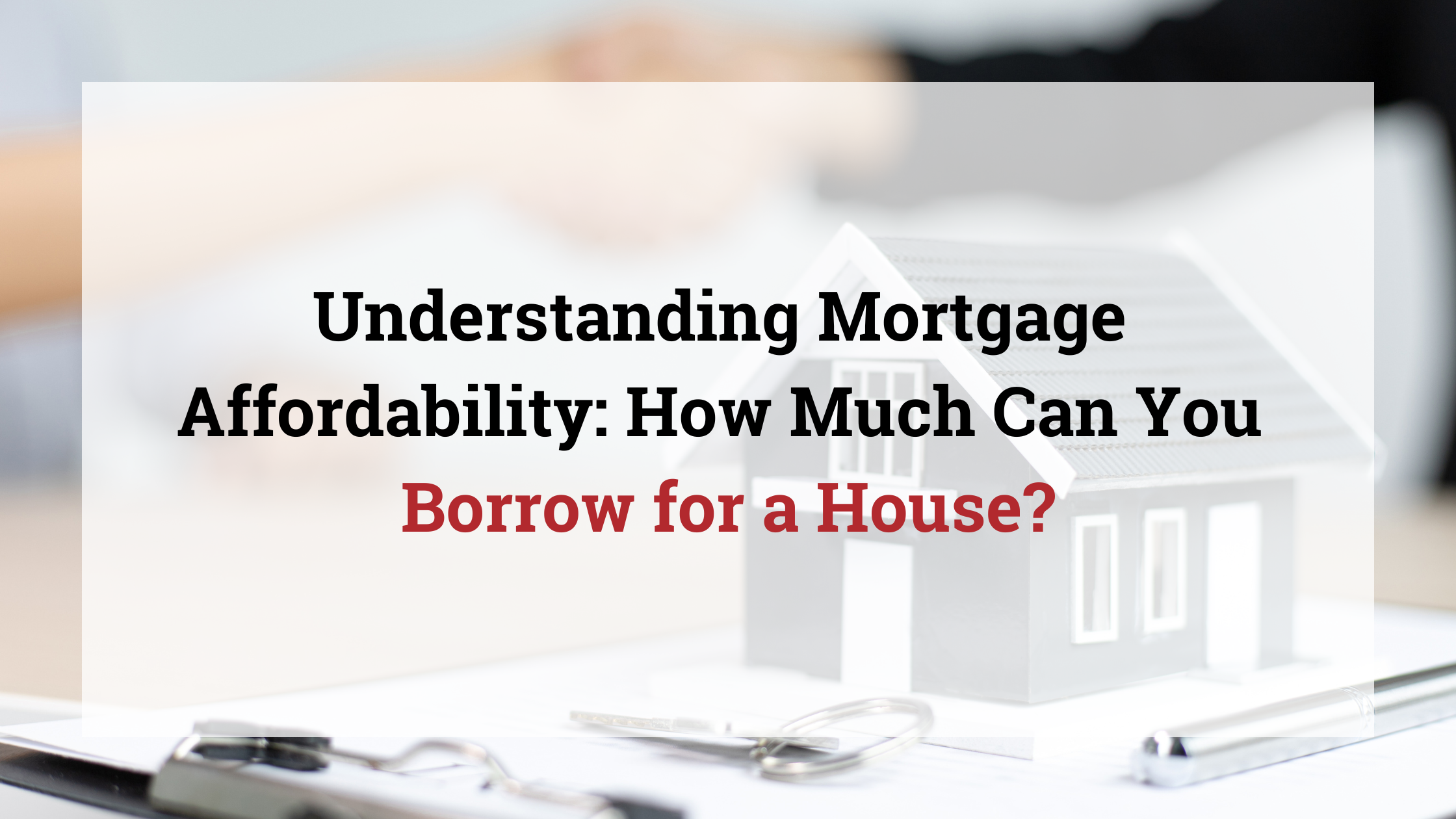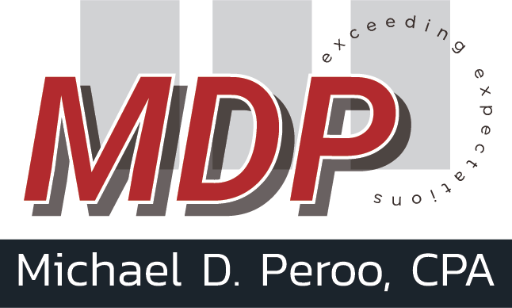
CFO Services/Accounting
Understanding Mortgage Affordability: How Much Can You Borrow for a House?
Purchasing a home is a significant financial decision that requires careful consideration of various factors. One of the most crucial aspects is determining how much you can borrow for a house. The amount you can borrow depends on several factors, including your income, credit score, debt-to-income ratio, and the current lending environment.
Seven Ways to Find How Much You Can Borrow for a House
1. Income and Employment History:
Lenders typically use your gross income to calculate how much you can borrow. A common guideline is that your mortgage payment should not exceed 28-31% of your gross monthly income. Stable employment history is also crucial, as it provides lenders with confidence in your ability to repay the loan.
2. Credit Score:
Your credit score plays a significant role in determining the interest rate you qualify for and, consequently, how much you can borrow. Higher credit scores generally result in lower interest rates, allowing you to borrow more without significantly increasing your monthly payments.
3. Debt-to-Income Ratio:
Lenders also consider your debt-to-income ratio (DTI), which is the percentage of your gross monthly income that goes towards paying debts. Mortgage lenders usually prefer a DTI of 43% or lower, including your potential mortgage payment and other debts. A lower DTI can increase the amount you can borrow.
4. Down Payment:
The amount of money you can put down as a down payment affects the loan-to-value (LTV) ratio. The LTV ratio is the loan amount divided by the property's appraised value. A higher down payment reduces the LTV ratio, making you a less risky borrower and potentially allowing you to borrow more.
5. Interest Rates and Loan Terms:
The interest rate on your mortgage significantly impacts how much you can borrow. Lower interest rates generally result in lower monthly payments, allowing you to qualify for a larger loan amount. Additionally, the loan term (e.g., 15 years, 30 years) affects your monthly payments and, consequently, the loan amount you can afford.
6. Property Taxes and Insurance:
Lenders consider property taxes and homeowners insurance when determining your borrowing capacity. These costs are often included in your monthly mortgage payment, so they directly impact the amount you can borrow.
7. Loan Programs:
Different loan programs have varying eligibility criteria and lending limits. Government-backed loans, such as those insured by the Federal Housing Administration (FHA) or guaranteed by the Department of Veterans Affairs (VA), may offer more flexible terms for borrowers with lower income or limited down payment capabilities.
Let Michael D. Peroo, CPA Help You Understand Mortgage Affordability Today
Determining how much you can borrow for a house is a multifaceted process that involves considering your income, creditworthiness, and other financial factors. Working with a knowledgeable mortgage professional can help you navigate the complexities of mortgage lending, ensuring that you find a loan amount that aligns with your financial goals and circumstances. Remember that while it's essential to understand how much you can borrow, it's equally crucial to assess how much you can comfortably afford to repay over the long term. Contact Michael D. Peroo, CPA today to see how we can help you find out how much you can borrow towards your mortgage.
Categories
- All
- Auditing(2)
- Business Planning(7)
- CFO Services/Accounting(3)
- City & County Budgeting(1)
- Estate Planning(4)
- Fiscal Sustainability(3)
- Healthcare(1)
- IRS Representation(2)
- Mergers & Acquisition(1)
- Retirement Planning(8)
- Tax Planning & Consulting(7)
- Utility Rate Study(1)
